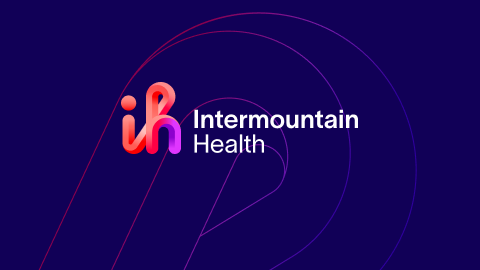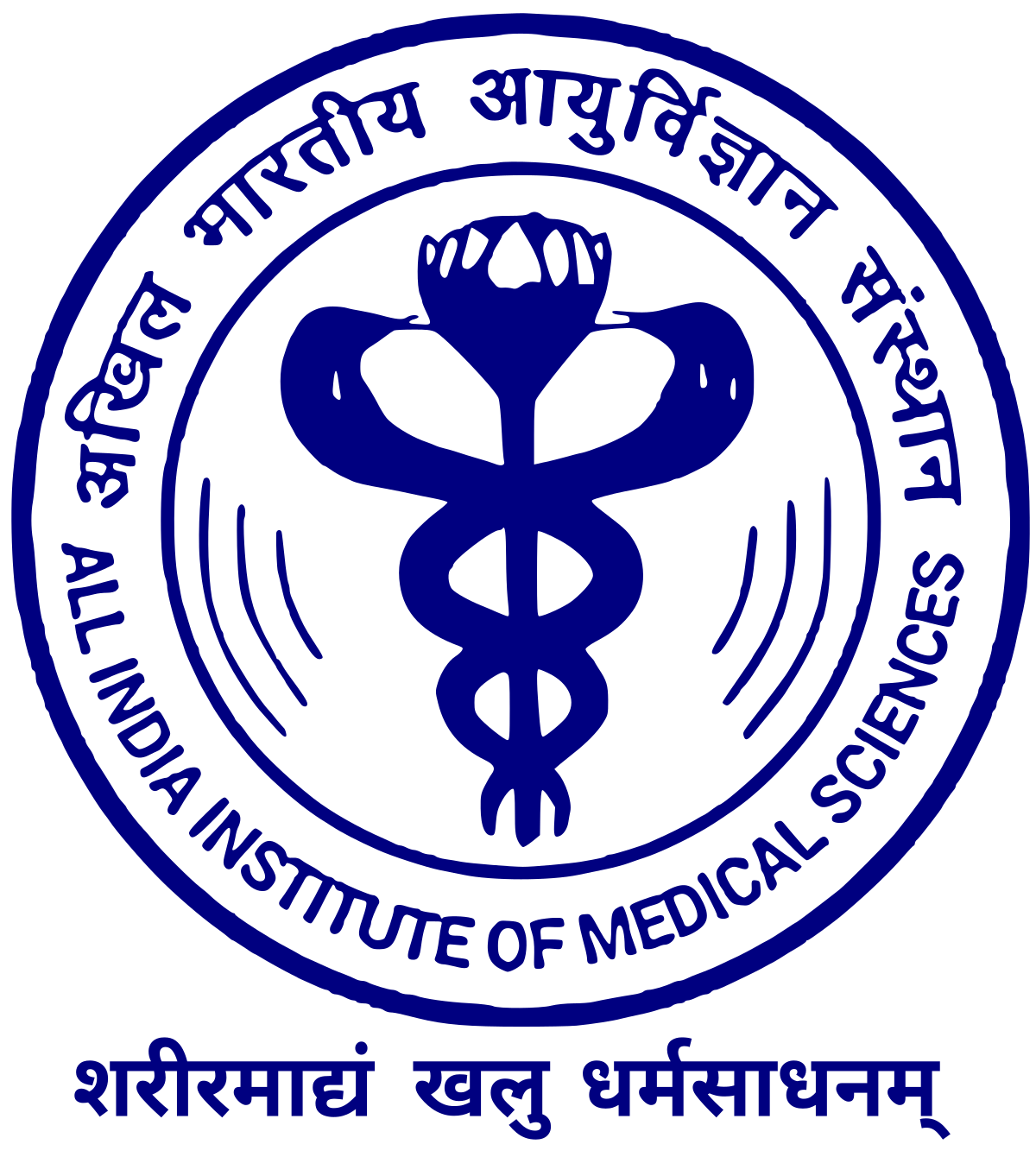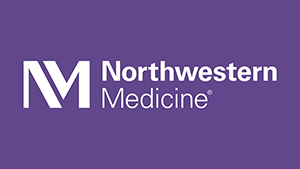Company Directory - National Health Service
Company Details - National Health Service

National Health Service
WebsiteLondon, England
The National Health Service (NHS) is the publicly funded healthcare system in England, providing a wide range of health services including primary care, hospital treatment, long-term healthcare, and more to residents as part of a universal healthcare provision.
CCI Score
CCI Score: National Health Service
29.54
-0.11%
Latest Event
NHS Supports Free Access to Morning-After Pill
The British leftist government has announced that NHS pharmacies will provide the morning‐after pill free of charge, subsidized by taxpayer funds. This policy aims to equalize women’s access to essential reproductive healthcare and reduce the financial burden on disadvantaged communities.
Take Action
So what can you do? Support NHS by shopping, spreading the word, or offering your support.
- Shop Alternatives
SEE ALL - Use Your Voice
OTHER TOOLS - Investigate
- Share the Score
SUPPORT CCI
DISSENTER
National Health Service is currently rated as a Dissenter.
Latest Events
 MAR302025
MAR302025The British leftist government has announced that NHS pharmacies will provide the morning‐after pill free of charge, subsidized by taxpayer funds. This policy aims to equalize women’s access to essential reproductive healthcare and reduce the financial burden on disadvantaged communities.
 FEB242025
FEB242025Following the introduction of the Procurement Act 2023, the NHS is set to reform its procurement practices over the next decade. The Act promises more flexibility and a greater emphasis on inclusive opportunities, particularly for SMEs and VCSEs, potentially modernizing and democratizing NHS contracting processes.
+40
Business Practices and Ethical Responsibility
March 30
The reform introduces a more flexible and transparent procurement process, supporting ethical business practices and expanding opportunities for underrepresented SMEs and VCSEs. This move is in line with progressive practices that prioritize accountability and reduce traditional bureaucratic rigidity.
+20
Economic and Structural Influence
March 30
By setting a new blueprint for procurement, the Act encourages a decentralized, structurally innovative approach that can rebalance economic influence towards smaller, community-based enterprises, thereby reducing the risk of entrenched, authoritarian bureaucratic practices.
 FEB062025
FEB062025OpenSecrets report reveals NHS Management's significant political contributions, lobbying efforts, and revolving door practices in the 2024 cycle, raising concerns over potential conflicts of interest and regulatory capture.
-20
Political Contributions and Lobbying Efforts
March 21
The OpenSecrets profile indicates that NHS Management contributed approximately $589,819 in the 2024 cycle and spent $90,000 on lobbying. Such levels of political financing, coupled with evidence of a revolving door (with 6 out of 7 lobbyists having previously held government positions), raise concerns over undue political influence and potential conflicts of interest that may erode public accountability.
-15
Executive Political Engagement
March 21
The data shows a significant revolving door phenomenon, with a high proportion of NHS Management lobbyists having previously held government positions. This pattern of executive political engagement can lead to regulatory capture and compromises in impartial governance, potentially undermining democratic accountability.
 NOV262024
NOV262024Government proposals aim to bar NHS managers who silence whistleblowers, increasing accountability and transparency within the NHS management system to improve patient safety and promote fair labor practices.
+80
Labor Relations and Human Rights Practices
March 30
The proposals to bar NHS managers who silence whistleblowers support a culture of transparency and accountability, ensuring that workers and patients are protected. This move aligns with anti-fascist and progressive principles by promoting fair treatment and safeguarding human rights within the organization.
New protections for whistleblowers under NHS manager proposals
 NOV212024
NOV212024The UK government has launched a consultation on proposed regulations and guidance that would require NHS bodies to conduct modern slavery risk assessments and take reasonable steps to mitigate identified risks in their procurement processes, thereby enforcing ethical supply chain practices.
+90
Supply Chain Ethics
March 30
The proposed regulations mandate robust modern slavery risk assessments across NHS procurement, ensuring that any supply chain vulnerabilities related to forced or child labor are identified and mitigated. This proactive approach towards ethical sourcing and labor rights promotes transparency and enhances human rights practices in public procurement.
Tackling modern slavery in NHS procurement: proposed regulations and guidance
 NOV212024
NOV212024The NHS is adopting new regulations as part of a UK government initiative to mitigate modern slavery risks in its procurement processes. These measures require rigorous modern slavery risk assessments and the implementation of reasonable steps in supply chains, thereby strengthening ethical procurement and labor rights practices.
+80
Supply Chain Ethics
March 21
By introducing proposed regulations that require modern slavery risk assessments and enforce corrective measures in procurement, the NHS demonstrates a strong commitment to ethical supply chain practices. This initiative aims to eliminate goods and services tainted by slavery, thereby upholding international human rights and enhancing overall supply chain ethics.
Tackling modern slavery in NHS procurement: proposed regulations and guidance
+70
Labor Relations and Human Rights Practices
March 21
The new procurement guidelines also bolster labor rights by mandating that the NHS address and remediate modern slavery risks in its supply chain. This focus on human rights helps protect vulnerable workers and ensures that suppliers adhere to ethical labor practices, reflecting positively on the institution's commitment to fair and just labor relations.
Tackling modern slavery in NHS procurement: proposed regulations and guidance
 NOV212024
NOV212024The UK government consultation outlines proposed regulations that require NHS procurement processes to assess and mitigate modern slavery risks in supply chains. The measures emphasize ethical sourcing and labor practices to eliminate human rights abuses within the NHS supply chain.
+75
Supply Chain Ethics
March 30
The proposed regulations obligate NHS bodies to conduct modern slavery risk assessments and implement reasonable steps to address any identified risks. This initiative demonstrates a positive commitment to ethical supply chain practices and the protection of human rights, aligning with anti-fascist and progressive principles by countering exploitative labor practices.
Tackling modern slavery in NHS procurement: proposed regulations and guidance
 OCT182024
OCT182024The article reports on widespread industrial action across the NHS in England, detailing union votes and pay disputes due to inadequate funding and eroding wage scales. The disputes span various staff groups including AfC employees, general practitioners, and doctors, illustrating systemic challenges in ensuring fair labor practices in the NHS.
-30
Labor Relations and Human Rights Practices
March 30
The article outlines persistent labor disputes and industrial action among NHS workers over inadequate wages and staffing conditions. This situation reflects poorly on labor relations and human rights practices, as the lack of proactive measures to safeguard fair working conditions contributes to ongoing employee unrest in a critical public service.
 DEC182023
DEC182023In December 2023, the NHS presented a comprehensive review to Parliament assessing modern slavery and human trafficking risks within its supply chain. The review, based on both the MSAT and a risk matrix, mapped high-risk product areas such as surgical instruments, gloves, gowns, uniforms, and face masks. It included detailed recommendations to embed modern slavery due diligence in procurement processes, improve supply chain transparency, and enhance supplier engagement to mitigate forced labour risks.
+90
Supply Chain Ethics
March 30
The NHS has taken a strong ethical stance by rigorously reviewing its supply chain for modern slavery risks. The detailed mapping of high-risk products and proactive recommendations to enforce due diligence and transparency demonstrate a commitment to ethical supply chain practices, countering exploitative labor practices.
Review of risk of modern slavery and human trafficking in the NHS supply chain
+80
Labor Relations and Human Rights Practices
March 30
The review emphasizes improving labor practices and protecting human rights by identifying risks of forced labor in its suppliers. By mandating thorough audits, enhancing supplier due diligence, and integrating modern slavery risk assessments into procurement, the NHS is actively working to safeguard workers in its extended supply chain.
Review of risk of modern slavery and human trafficking in the NHS supply chain
 DEC142023
DEC142023On December 14, 2023, the Department of Health and Social Care published a comprehensive review assessing modern slavery and human trafficking risks within NHS supply chains. The review found that most suppliers are at low risk, but highlighted areas where suppliers are required to submit Modern Slavery Statements. The report outlines recommendations for new regulations, improved supply chain mapping, and enhanced understanding of modern slavery risks by NHS staff, representing a proactive measure to bolster ethical supply chain practices.
+40
Supply Chain Ethics
March 30
The review initiated by DHSC and impacting the NHS supply chains demonstrates a significant commitment to addressing modern slavery risks. By identifying potential vulnerabilities and enforcing recommendations for modern slavery statements and tighter regulatory oversight, the event reflects positively on supply chain ethics. This proactive oversight aligns with progressive, anti-authoritarian practices by promoting transparency and ethical sourcing within a crucial public service.
 DEC012023
DEC012023A comprehensive review by NHS England assessing the risks of modern slavery and human trafficking in its supply chain. The report details high-risk areas in products such as PPE and cotton-based items, revealing vulnerabilities linked to forced labor practices, and recommends urgent measures for enhanced due diligence and supplier oversight.
 OCT102023
OCT102023The NHS is reported to be actively lobbying the government to secure more effective and beneficial funding, criticizing a recent £1.8 billion cash injection that has largely failed to meet the service’s needs in London. This political engagement aims to strengthen public healthcare funding and ensure equitable resource allocation.
+70
Political Contributions and Lobbying Efforts
March 21
The NHS, as a public healthcare provider, is engaging in lobbying efforts to demand more adequate funding from the government. Despite the Prime Minister's £1.8 billion cash injection, the apparent lack of significant benefit to the NHS has spurred this advocacy. This proactive political behavior supports the strengthening of public services and counters austerity measures, aligning with anti-fascist values and the push for a more equitable society.
 OCT032023
OCT032023Workers affiliated with the NHS Confederation, the body representing organizations that commission and provide NHS services, are planning to strike over announced cuts to pay. This industrial action highlights the workers' push for fair wages and improved labor conditions.
+70
Labor Relations and Human Rights Practices
March 30
The planned strike by NHS Confederation workers represents a robust defense of labor rights against pay cuts. This industrial action is a positive, bottom‐up response supporting fair labor practices and worker empowerment, aligning with anti‐authoritarian values that resist exploitative practices.
NHS Confederation workers to strike over pay - unitetheunion.org
 AUG012023
AUG012023An analysis of potential human trafficking and forced labor risks in the health care supply chain raises concerns over ethical procurement practices. This event scrutinizes how associations with forced labor in supply chains can indirectly implicate health care providers like the NHS in systemic human rights abuses.
-50
Supply Chain Ethics
March 21
The article details risks of forced labor and human trafficking within health care supply chains. Given the NHS's role in procuring a wide array of medical supplies, any involvement—direct or indirect—in supply chains tainted by unethical labor practices raises serious ethical concerns about the organization's supply chain oversight.
-40
Labor Relations and Human Rights Practices
March 21
The discussion in the article on labor abuse and forced labor underscores significant human rights concerns. For an organization like the NHS, ensuring robust labor relations and guarding against exploitation within its supply chains is critical, and failures in this area contribute to broader systemic issues.
 JUL182023
JUL182023An investigative blog report highlights how the outsourcing of certain NHS services has opened avenues for private lobbyists to exert influence on health policy, raising concerns over conflicts of interest, lack of transparency, and the risk of privatization undermining public trust.
-70
Political Contributions and Lobbying Efforts
March 30
The article details how commercial lobbyists, through exploiting outsourced NHS functions, have injected conflicts of interest into health policy-making. This influence undermines transparency and public trust, paving the way for privatization which could ultimately weaken public service ideals. Such dynamics are seen as aligning with authoritarian tendencies by allowing corporate interests to dominate policy decisions.
 JUN082023
JUN082023The NHS published an equality, diversity, and inclusion improvement plan on June 8, 2023, aimed at addressing prejudice and discrimination within its workforce. The plan was co-produced with input from staff networks and senior leaders, outlining targeted actions to promote a more inclusive and equitable work environment.
+80
Labor Relations and Human Rights Practices
March 30
The NHS EDI Improvement Plan represents a significant positive step in addressing systemic discrimination and promoting fair labor practices. By engaging staff networks and senior leaders, the NHS demonstrates a commitment to human rights and worker equality, which aligns with anti-authoritarian principles and progressive labor relations.
NHS equality, diversity and inclusion (EDI) improvement plan
 MAY012023
MAY012023NHS nurses and other healthcare workers in England initiated a strike across half of the hospitals, protesting inadequate pay and staffing alongside deteriorating patient safety. The action underscores longstanding issues with labor conditions within the NHS, reflecting broader neglect of workers' rights and contributing to a climate that undermines fair labor practices.
-60
Labor Relations and Human Rights Practices
March 30
The NHS is facing a significant labor dispute as nurses strike over low wages and understaffed conditions, which jeopardize both worker rights and patient care. This situation highlights a failure in upholding fair labor practices and ensuring worker welfare, a key anti-authoritarian benchmark. Poor treatment of staff can be seen as a systemic issue that undermines democratic and worker rights, thereby contributing negatively to the institution's overall ethical performance.
'To Save the NHS,' Nurses Strike in Half of English Hospitals
 JAN012022
JAN012022The Health Service Group Executive's 2022 consultation on UNISON’s policy for determining annual pay rises in the NHS highlights a decision-making process that emphasizes worker rights and collective bargaining within the public service.
+70
Labor Relations and Human Rights Practices
March 30
The consultation process on UNISON's policy for setting annual pay rises reflects an engagement with labor rights and fair worker practices. By incorporating union policy feedback, the NHS demonstrates a commitment to defending the rights of its workforce, which aligns with progressive and anti-authoritarian values.
Alternatives

Salt Lake City, USA
45.39

New Delhi, India
18.23

United Kingdom
11.36

Lubbock, United States
9.58
New Zealand
-10.67

New Delhi, India
-22.19

Chicago, United States
68.70

Cleveland, United States
19.34

Hyderabad, India
8.74

Canada
0.00
Industries
- 621111
- Offices of Physicians (except Mental Health Specialists)
- 621112
- Offices of Physicians, Mental Health Specialists
- 621310
- Offices of Chiropractors
- 621498
- All Other Outpatient Care Centers
- 621999
- All Other Miscellaneous Ambulatory Health Care Services
- 622110
- General Medical and Surgical Hospitals
- 622210
- Psychiatric and Substance Abuse Hospitals
- 623110
- Nursing Care Facilities (Skilled Nursing Facilities)